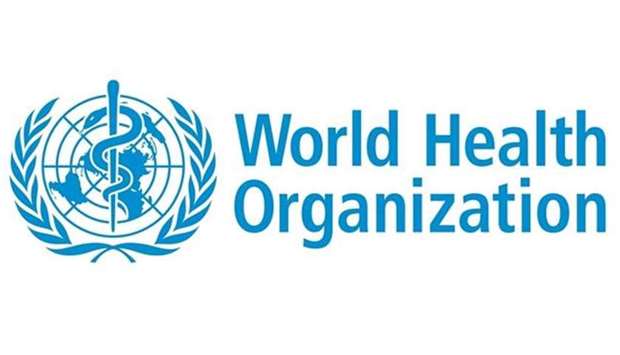But the WHO’s chief critic, the US administration of President Donald Trump, decried an “apparent attempt to conceal this outbreak by at least one member state”.
Trump has already suspended US funding for the WHO after accusing it of being too China-centric, and at the same time led international criticism of Beijing’s perceived lack of transparency in the early stages of the crisis.
Without mentioning China by name, US Health Secretary Alex Azar made clear that Washington considered the WHO jointly responsible.
“We must be frank about one of the primary reasons this outbreak spun out of control,” he said. “There was a failure by this organisation to obtain the information that the world needed, and that failure cost many lives.”
WHO Director-General Tedros Adhanom Ghebreyesus, for his part, said: “The WHO sounded the alarm early, and we sounded it often.”
When the WHO declared a global emergency on January 30, he said, there were fewer than 100 cases outside China, and no deaths.
He was addressing a virtual meeting of the WHO’s decision-making body, the World Health Assembly, at which President Xi Jinping said China had acted with “openness and transparency and responsibility”.
Ghebreyesus, who has always promised a review, told the forum that it would come “at the earliest appropriate moment” and make recommendations for the future.
He received robust backing from the WHO’s independent oversight panel.
“Every country and every organisation must examine its response and learn from its experience,” he said, adding that the review must cover “all actors in good faith”.
In its first report on the handling of the pandemic, the seven-member oversight committee said the WHO had “demonstrated leadership and made important progress in its Covid-19 response”.
The Covid-19 respiratory disease is caused by the coronavirus.
The panel endorsed a review, but said conducting it now could hamper the WHO’s response to the pandemic.
It also said “an imperfect and evolving understanding” was not unusual when a new disease emerged and, in an apparent rejoinder to Trump, said that a “rising politicisation of pandemic response” is hindering the effort to defeat the virus.
A resolution drafted by the European Union calling for an independent evaluation of the WHO’s performance appeared to have won consensus backing among the WHO’s 194 states.
It was expected to be debated and adopted today.
China has previously opposed calls for a review of the origin and spread of the coronavirus, but Xi signalled that Beijing would accept an impartial evaluation of the global response, once the pandemic is under control.
“This work needs a scientific and professional attitude, and needs to be led by the WHO. And the principles of objectivity and fairness need to be upheld,” he told the meeting via video. “All along we have acted with openness and transparency and responsibility.”
He pledged $2bn over the next two years to help deal with Covid-19, especially in developing countries.
The amount is roughly equivalent to the WHO’s entire annual programme budget for last year, and more than compensates for Trump’s freeze of US payments that had been worth about $400mn a year.
Azar said the United States supported “an independent review of every aspect of the WHO’s response”.
The WHO and most experts say the virus is likely to have emerged in a market selling wildlife in the central city of Wuhan late last year.
US Secretary of State Mike Pompeo said this month that there was “significant” evidence that it had come from a laboratory in Wuhan, a charge China rejects.
The oversight panel said that, for the next phase of the pandemic, the WHO would need some $1.7bn by the end of the year, leaving a funding shortfall of $1.3bn.
This did not take account of China’s pledge.
China will also make any Covid-19 vaccines that it develops a public good to help to curb the pandemic, Xi said.

